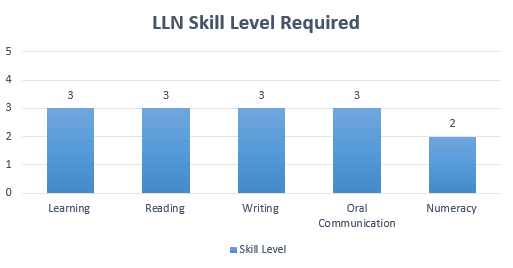Whether you’re looking for a new job, planning an event, or wanting to find the best staff for your company, it pays to have an understanding of what event staff do. There are many different even staff jobs with varying requirements and roles.
In today’s article, we’ll explore the basics of event staff work so you can be more informed when making hiring decisions or taking on new projects.
Who is considered to be event staff?
Event staff are the people responsible for running events. They can come in a variety of forms and roles, but they all have the same goal: to make sure the event runs smoothly and successfully. Companies often hire event staff to provide additional assistance at conferences, festivals, conventions, expositions, and trade shows.
What do event staff do?
Event staff play a vital role in making sure that events run smoothly from start to finish. There are many different event staff roles and responsibilities and the event staff job description will vary depending on the role. They may be required to help plan the event, manage registrations, coordinate vendors or suppliers, provide security, manage crowds, set up and break down equipment, troubleshoot technical issues, or provide customer service.
They also act as a point of contact for guests or vendors on site, ensuring everyone has what they need to provide a successful event. Event staff are expected to be professional and attentive at all times, and many employers require them to have excellent customer service skills.
Different event staff roles
There are many different event staff roles, depending on the type of event. Some common roles include:
Event managers/coordinators
Event managers have a big task on their hands. They’re often responsible for organising and managing the entire event, from start to finish. Event managers may create budgets, coordinate vendors, manage registrations, set up equipment, resolve any conflicts that arise, and provide customer service.
Event planners
Event planners work closely with clients to conceptualise and plan the event. They may help with budgeting, vendor selection, and overall event design. Planners might also be responsible for handling any permits, insurance policies, or contracts that need to be signed.
Event promoters and marketing staff
Event promoters are responsible for promoting an event to the target audience. This includes marketing the event, selling tickets, and leveraging social media to spread the word about the event. They may use various advertising strategies to generate interest and ticket sales.
Event security
Security staff provide a safe and secure environment for attendees, vendors, guests and sponsors. They can have a number of responsibilities, including checking IDs at the entrance, monitoring crowds and handling any safety concerns that arise during the event.
Registration staff
Registration staff handle all registration tasks in an efficient manner. This includes setting up registration areas, verifying guest information, issuing badges or tickets, processing payments, and providing customer service.
Ushers
Ushers provide guidance to guests throughout the event. They may help direct people to their seats, answer questions about the event, direct people to restrooms or vendors, and generally ensure that everyone is comfortable and informed throughout.
Transportation and parking attendants
These staff members manage transportation logistics, including parking arrangements and shuttle services for attendees. They may be responsible for directing guests to the correct parking areas and helping with loading/unloading events.
Technicians and AV crew
Technicians and AV (audiovisual) crews handle all audio-visual needs onsite, including setting up sound systems and projectors, ensuring proper lighting, troubleshooting technical issues, and managing any equipment that is used during the event. Their job will likely involve ensuring presentations, performances, and speeches go smoothly.
Vendor staff
This role can involve setting up vendor booths at events, helping vendors load and unload their supplies, assisting with any technical issues that arise, and providing customer service.
Bar staff
Bar staff are responsible for serving drinks and sometimes also food to guests. Their roles may involve managing the cash register, handling payment transactions, stocking supplies, and cleaning up after the event. Anyone serving or supplying alcohol in Australia is required to hold a Responsible Service of Alcohol (RSA) certificate. Express Online Training offers RSA training for those interested in obtaining their certificate.
Event staff requirements
The skills and experience required of event staff can vary depending on the role they’re hired for. Most employers require that event staff have excellent customer service skills, strong problem-solving abilities, and the ability to work well under pressure. Many employers also prefer that event staff have relevant qualifications or experience in hospitality, marketing, public relations, security, or customer service.
Event staff are an essential part of making sure an event runs smoothly. By understanding the different event staff roles, you can make sure that your event team is well-equipped and able to handle any challenges that may come up during the event. Having a knowledgeable and experienced team on board helps to ensure everything runs smoothly and successfully – giving guests an enjoyable experience.



